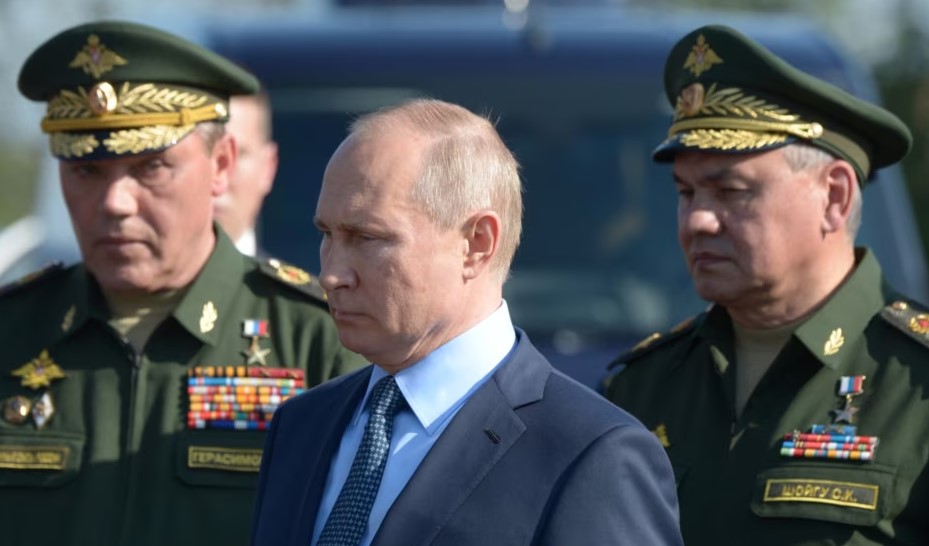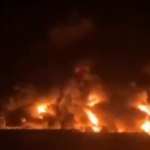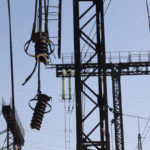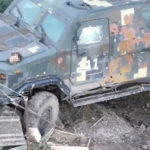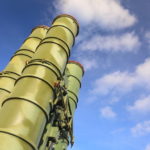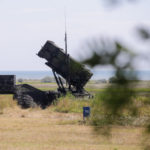The Pre-Trial Chamber II of the International Criminal Court (ICC) has issued arrest warrants for the former Russian Minister of Defense, Sergey Shoigu, and the Chief of the General Staff of the Armed Forces of the Russian Federation, Valery Gerasimov.
Judges Rosario Salvatore Aitala (presiding), Sergio Gerardo Ugalde Godinez, and Haikal Ben M’Chouf made the decision “in connection with the situation in Ukraine for alleged international crimes committed from at least October 10, 2022, to at least March 9, 2023.”
Situation in #Ukraine: #ICC judges issue arrest warrants against Sergei Kuzhugetovich Shoigu and Valery Vasilyevich Gerasimov. Learn more ⤵️ https://t.co/fEbWyOnTsC
— Int’l Criminal Court (@IntlCrimCourt) June 25, 2024
“At the time of the alleged acts, each of them is claimed to be responsible for war crimes, including attacking civilian objects (Article 8(2)(b)(ii) of the Rome Statute), causing excessive incidental harm to civilians or civilian objects (Article 8(2)(b)(iv) of the Rome Statute), and crimes against humanity, involving inhumane acts as provided in Article 7(1)(k) of the Rome Statute,” the court stated.
Both arrest warrants were issued based on motions submitted by the prosecution.
“The Pre-Trial Chamber II believes there are reasonable grounds to consider that both suspects are responsible for the missile strikes carried out by the Russian armed forces on Ukrainian electrical infrastructure from at least October 10, 2022, to at least March 9, 2023”, the court reported.
During this period, the Russian armed forces conducted numerous strikes on multiple power plants and substations across various locations in Ukraine.
The Pre-Trial Chamber II also determined that the campaign of Russian strikes represents a pattern of behavior involving repeated acts against the civilian population, conducted in accordance with state policy, as understood under Article 7 of the Statute.
“Thus, there are reasonable grounds to believe that the suspects intentionally inflicted severe suffering or serious bodily injury, as well as harm to mental or physical health, making them criminally responsible for crimes against humanity and other inhumane acts as defined in Article 7(1)(k) of the Rome Statute”, the court emphasized.
The content of the warrants has been issued under seal to protect witnesses and ensure the security of the investigation.
“However, considering that conduct similar to that described in the arrest warrants, which violates international humanitarian law, appears to be ongoing, the Chamber believes that public awareness of these warrants may help prevent further commission of crimes as provided in Article 58(1)(b)(iii) of the Rome Statute”, the court added.
Photo: open sources
